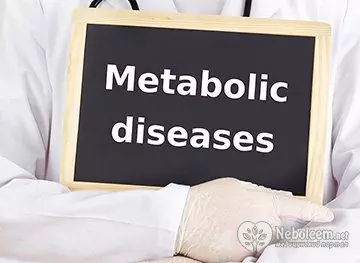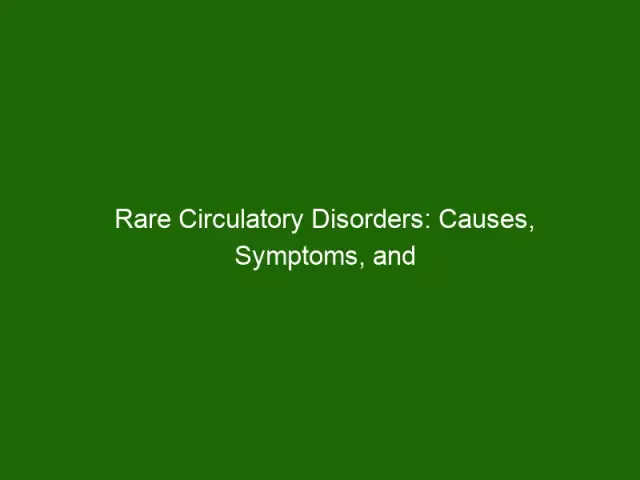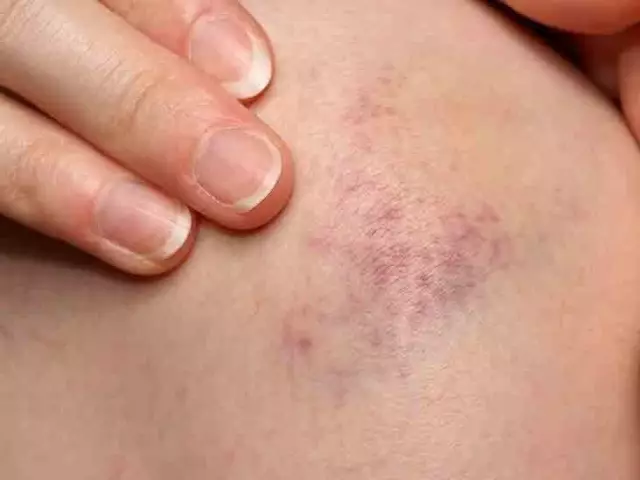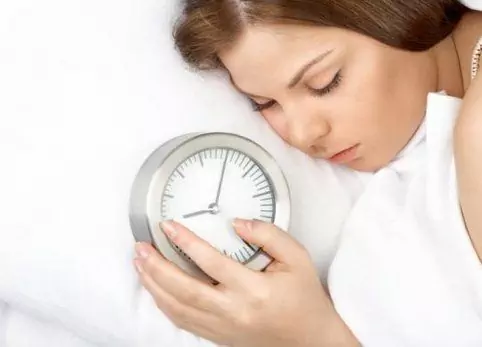- Author Rachel Wainwright wainwright@abchealthonline.com.
- Public 2023-12-15 07:39.
- Last modified 2025-11-02 20:14.
Affective disorders
The content of the article:
- Causes
- Kinds
- Signs
- Features of the course in children and adolescents
- Diagnostics
- Treatment
- Prevention
- Consequences and complications
Mood disorders (mood disorders) are mental disorders manifested by changes in the dynamics of natural human emotions or their excessive expression.
Mood disorders are a common pathology. Often it is disguised as various diseases, including somatic ones. According to statistics, affective disorders of varying severity are observed in every fourth adult inhabitant of our planet. At the same time, no more than 25% of patients receive specific treatment.

Lack of interest in the world around you is one of the symptoms of affective disorder
Causes
The exact causes leading to the development of affective disorders are currently unknown. Some researchers believe that the cause of this pathology lies in the dysfunction of the pineal gland, hypothalamic-pituitary and limbic systems. Such disorders lead to a failure in the cyclic release of liberins and melatonin. As a result, the circadian rhythms of sleep and wakefulness, sexual activity, and nutrition are disrupted.
Mood disorders can also be caused by a genetic factor. It is known that about every second patient with bipolar syndrome (a variant of affective disorder) had mood disorders in at least one of the parents. Geneticists have suggested that affective disorders can occur due to a mutation in a gene located on the 11th chromosome. This gene is responsible for the synthesis of tyrosine hydroxylase, an enzyme that regulates the production of catecholamines by the adrenal glands.
Psychosocial factors are often the cause of affective disorders. Long-term, both negative and positive stresses cause overstrain of the nervous system, followed by further depletion, which can lead to the formation of a depressive syndrome. The most severe stressors:
- loss of economic status;
- death of a close relative (child, parent, spouse);
- family quarrels.
Kinds
Depending on the prevailing symptoms, affective disorders are divided into several large groups:
- Depression. The most common cause of depressive disorder is a metabolic disorder in the brain tissue. As a result, a state of extreme hopelessness and despondency develops. In the absence of specific therapy, this condition can last for a long time. Often, at the height of depression, patients try to commit suicide.
- Dysthymia. One of the variants of a depressive disorder, characterized by a milder course compared to depression. It is characterized by a bad mood, increased anxiety from day to day.
- Bipolar disorder. The outdated name is manic-depressive syndrome, as it consists of two alternating phases, depressive and manic. In the depressive phase, the patient is depressed and apathetic. The transition to the manic phase is manifested by increased mood, vigor and activity, often excessive. Some patients in the manic phase may experience delusional ideas, aggression, irritability. Mildly symptomatic bipolar disorder is called cyclothymia.
- Anxiety disorders. Patients complain of fear and anxiety, internal anxiety. They are almost constantly in anticipation of an impending disaster, tragedy, and trouble. In severe cases, motor restlessness is noted, the feeling of anxiety is replaced by a panic attack.

Mood disorders are divided into several groups.
Signs
Each type of mood disorder has characteristic manifestations.
The main symptoms of depressive syndrome:
- lack of interest in the outside world;
- a state of prolonged sadness or melancholy;
- passivity, apathy;
- concentration disorders;
- feeling of own worthlessness;
- sleep disorders;
- decreased appetite;
- deterioration in working capacity;
- recurring thoughts of suicide;
- deterioration in general health, which cannot be explained by examination.
Bipolar disorder is characterized by:
- alternation of phases of depression and mania;
- depression of mood during the depressive phase;
- during a manic period - recklessness, irritability, aggression, hallucinations and / or delusions.
Anxiety disorder has the following manifestations:
- heavy, obsessive thoughts;
- sleep disorders;
- decreased appetite;
- a constant feeling of anxiety or fear;
- dyspnea;
- tachycardia;
- deterioration in concentration.
Features of the course in children and adolescents
The clinical picture of affective disorders in children and adolescents has distinctive features. Somatic and autonomic symptoms come to the fore. Signs of depression are:
- night fears, including fear of the dark;
- trouble falling asleep;
- pallor of the skin;
- complaints of chest or abdominal pain;
- increased fatigue;
- a sharp decrease in appetite;
- capriciousness;
- refusal to play with peers;
- slowness;
- learning difficulties.

A child's fear of the dark may be a sign of a depressive disorder.
Manic states in children and adolescents are also atypical. They are characterized by such signs as:
- increased gaiety;
- disinhibition;
- uncontrollability;
- glitter of eyes;
- hyperemia of the face;
- accelerated speech;
- constant laughter.
Diagnostics
Diagnosis of affective disorders is carried out by a psychiatrist. It begins with a thorough history taking. For an in-depth study of the characteristics of mental activity, a medical and psychological examination can be assigned.
Affective symptoms can be observed against a background of diseases:
- endocrine system (adrenogenital syndrome, hypothyroidism, thyrotoxicosis);
- nervous system (epilepsy, multiple sclerosis, brain tumors);
- mental disorders (schizophrenia, personality disorders, dementia).
That is why the diagnosis of affective disorders must necessarily include the examination of the patient by a neurologist and endocrinologist.
Treatment
The modern approach to the therapy of affective disorders is based on the simultaneous use of psychotherapeutic techniques and drugs of the antidepressant group. The first results of the treatment are noticeable after 1-2 weeks from the beginning. The patient and his relatives should be informed about the inadmissibility of spontaneous discontinuation of medication, even in the case of persistent improvement in mental health. Cancellation of antidepressants can only be done gradually, under the supervision of your doctor.

Patients with mood disorders need the help of a psychotherapist
Prevention
Due to the uncertainty of the exact causes underlying the development of affective disorders, there are no specific prevention measures.
Consequences and complications
Mood disorders, especially in the absence of adequate therapy, impair the patient's socialization, prevent the establishment of friendships and family relationships, and reduce the ability to work. Such negative consequences worsen the quality of life not only of the patient himself, but also of his close environment.
Suicide attempts can be a complication of some mood disorders.
YouTube video related to the article:

Elena Minkina Doctor anesthesiologist-resuscitator About the author
Education: graduated from the Tashkent State Medical Institute, specializing in general medicine in 1991. Repeatedly passed refresher courses.
Work experience: anesthesiologist-resuscitator of the city maternity complex, resuscitator of the hemodialysis department.
The information is generalized and provided for informational purposes only. At the first sign of illness, see your doctor. Self-medication is hazardous to health!






